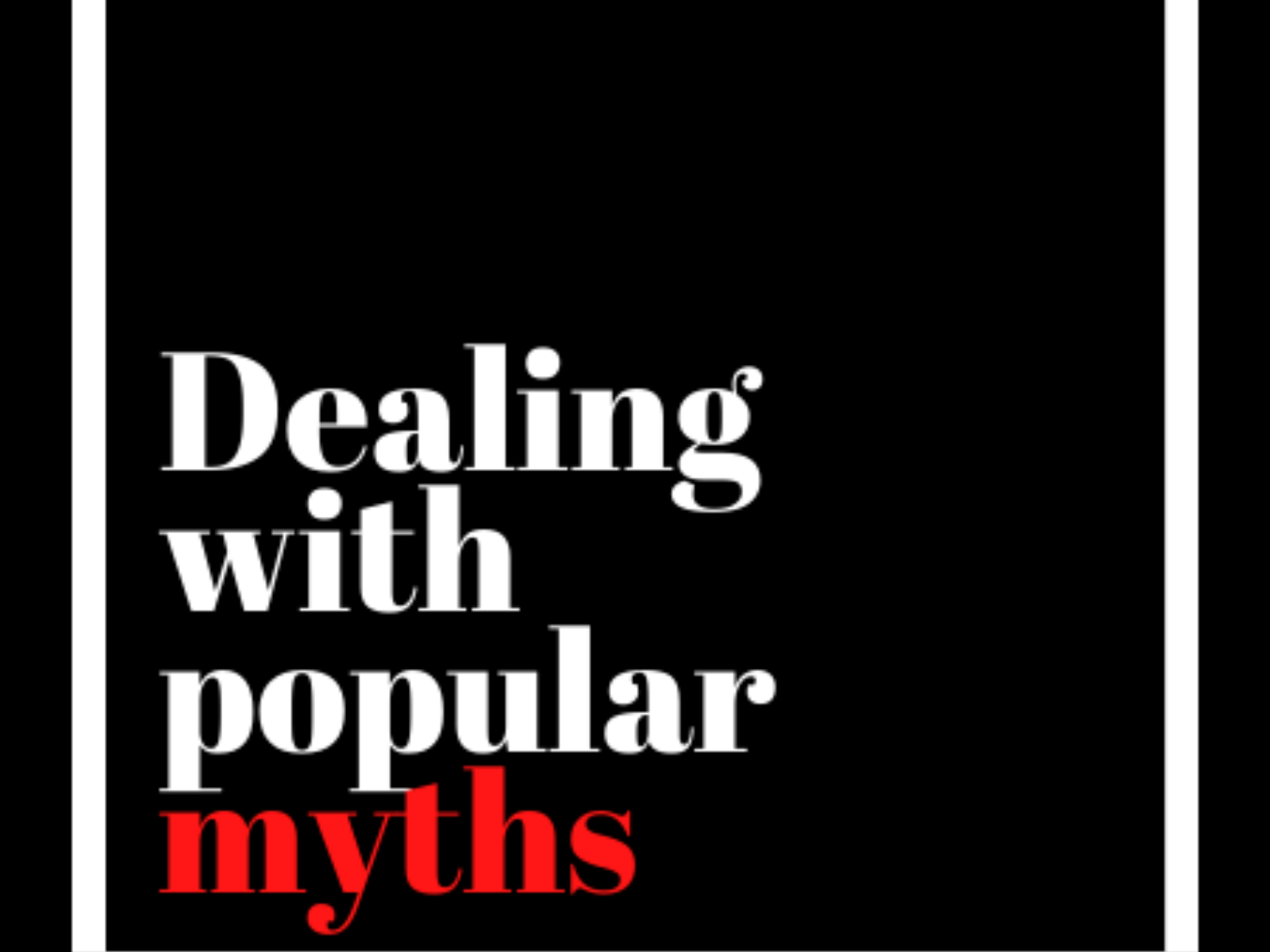Our project “Dealing with popular myths” has started!

Documenta - Center for Dealing with the past, United Societies of Balkans, Asociación Las Niñas del Tul, Udruženje za drustvenu istoriju - Euroclio and Institutul Intercultural Timisoara are excited to announce that the Erasmus + project “Dealing with popular myths. Youth work against disinformation and distortion of historical facts” has started.
We are glad that the European Union has recognized our potential to deconstruct myths through the tools of historic-civic education and to strengthen democracy and promote European values.
Our project will focus on myths from the past, covering the topics of antisemitism and Holocaust denial, antigypsyism and Roma discrimination, anti-Muslim propaganda, and xenophobia.
By including anti-migrant and anti-refugees propaganda in our focus, we will also consider nowadays myths and discuss how our societies are using these same patterns to create new “scapegoats”.
Who are we?
Documenta – Center for Dealing with the Past is the project’s coordinator. Documenta is a Croatian NGO established in 2004 to engage in the social process and dialogue of dealing with the past across different social structures. The scope of Documenta's work includes developing educational policies, non-formal and informal methods to involve youth in civic education, and in the dialogue about the past. The organization is also working on cultivating a culture of memory and is cooperating with European and regional organizations to promote democratization and human rights. Documenta is collecting data and publishing studies about human rights issues and is also monitoring judicial processes at local and regional levels.
United Societies of Balkans (U.S.B.) is a non-profit, non-governmental organization based in Thessaloniki, Greece, working in the field of youth mobility, participation, and facilitating youth awareness on social issues. It was founded in 2008 by a group of active young people who wanted to address the social issues that affect youngsters in the Balkans and Eastern Europe. The organization promotes youth mobility, youth involvement and participation, voluntarism, and human rights. Key areas of the organization's activities concern the defense of human rights and the organization of youth exchanges and training courses, as well as local interventions, campaigns, researches, seminars, and multimedia productions.
The Association for Social History – Euroclio (UDI – Euroclio) is a non-governmental organization that gathers history teachers from Serbia. The main aim of the organization is to improve history teaching and learning in Serbia and, to do that, UDI organizes different activities focusing on the development of critical thinking about the past and changing the traditional discourses of history teaching. Euroclio encourages young people to develop their own points of view by using different sources of information and including multi perspectivity. Moreover, Euroclio invests in the modernization of teaching methods and ensures an application of a modern, non-biased, and multi-perspective approach in history classes.
Las Niñas del Tul is a cultural association from the city of Granada, Spain, which aims to develop and carry out cultural activities, promoting respect, empathy, diversity, inclusion, tolerance, and equality, environmental awareness, and protecting of historical-artistic heritage. The organization is helping young people to start their own projects and activities, providing them with training and information about ways of active participation, with special focus on EU frameworks, and facilitating contacts between them. The organization uses non-formal education methodology to enable young people to be active, responsible, enterprising individuals by immersing them in real learning experiences.
The Intercultural Institute of Timisoara (IIT) was established in 1992 as a not-for-profit, non-governmental organization, with the support of local authorities from Timisoara and the Council of Europe. The organization promotes an intercultural approach and democratic participatory processes in various areas of society, including education, cultural policy, civil society, and community development. IIT pursues the development of the intercultural dimension in the field of education and culture while promoting a climate of tolerance and dialogue specific to the town of Timisoara. Its main fields of activities are intercultural education, education for democratic citizenship, and human rights education.
Know anyone interested in the topics of our project? Share our Facebook page https://www.facebook.com/dealingwithmythsproject and stay tuned to learn more about the project.
This project is co-funded by the Erasmus+ Programme of the European Union
